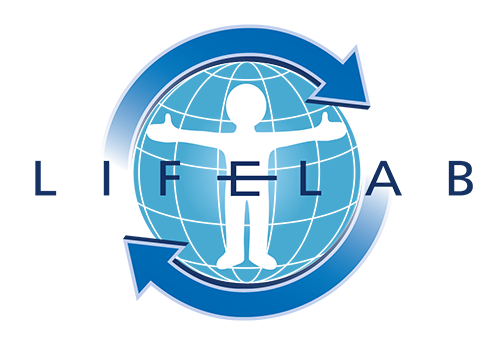
LifeLab welcomes 13,000th student
The 13,000th student has attended LifeLab since the pioneering education programme opened its doors at University Hospital Southampton in 2014. A class from St Annes Catholic School in Southampton were the lucky ones to officially have the 13,000th attendee to LifeLab in their cohort.
“This is a remarkable milestone for us and one that reiterates the continuing importance of what we at LifeLab are endeavouring to do,” said Dr Kath Woods-Townsend who is the programme lead. “Our LifeLab scientists and educators create experiences that empower children and young people to understand the science behind the health messages they see and hear on a daily basis.”
Having engaged with over 90 schools across Southampton and the wider Wessex area, LifeLab which was created by the University of Southampton in collaboration with the University Hospital Southampton (UHS), where it is hosted, offers programmes for both secondary and primary phase settings.
“Our school has been coming to LifeLab with our students for several years now,” said Shelley Barnes, Key Stage Three Science Coordinator at St Annes. “It is an invaluable resource and experience for the students which complements our science curriculum and provides our young people with a hands-on, immersive day out of the classroom. It works so well for secondary students because it is more than just a school trip, it is a structured education programme that provides them with pre-visit lessons at school, a visit to the LifeLab facility at UHS and follow-up lessons at school. Plus we are offered a professional development day for teachers too. We love coming and we are very honoured to be here on the day the 13,000th student walked through the door.”
LifeLab is now available to primary phase settings too, through the Early LifeLab programme, funded by Southampton City Council to tackle obesity among primary school children in the city. Early LifeLab aims to support behaviour change in primary children in their own classroom, using a series of ‘teaching toolkits’. These make the science behind the need for healthy diet, physical activity and sleep accessible to children, helping them to discover why this matters for themselves, supporting children and their families in making healthy choices.